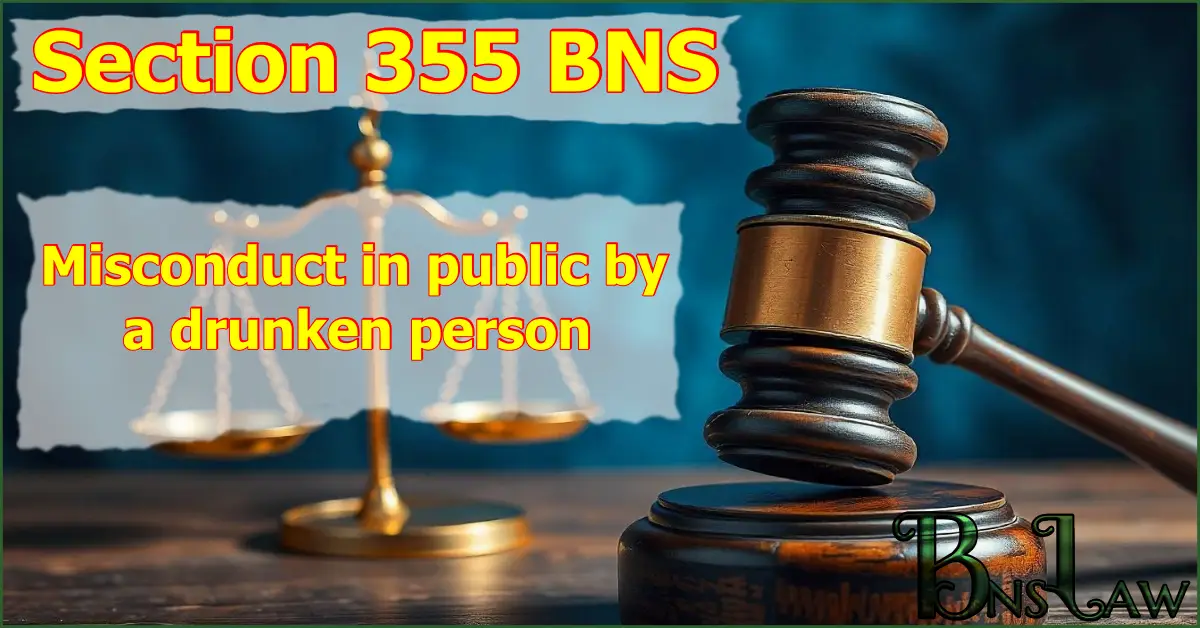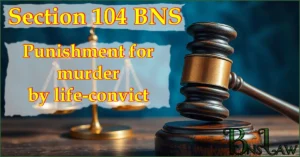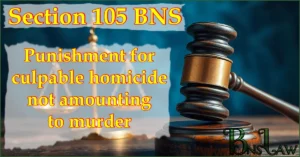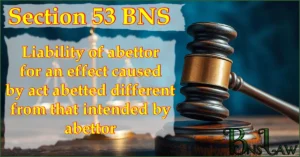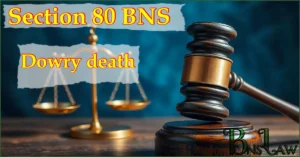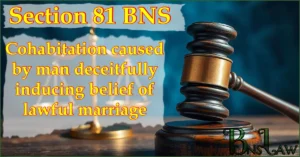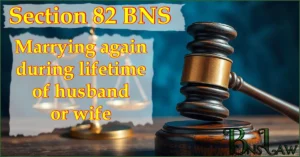Section 355 BNS
Whoever, in a state of intoxication, appears in any public place, or in any place which it is a trespass in him to enter, and there conducts himself in such a manner as to cause annoyance to any person, shall be punished with simple imprisonment for a term which may extend to twenty-four hours, or with fine which may extend to one thousand rupees, or with both or with community service.
READ OTHER SECTIONS OF CHAPTER XIX — OF CRIMINAL INTIMIDATION, INSULT, ANNOYANCE, DEFAMATION, ETC.
| Section No. | Section Title |
|---|---|
| 351 | Criminal intimidation. |
| 352 | Intentional insult with intent to provoke breach of peace. |
| 353 | Statements conducing to public mischief. |
| 354 | Act caused by inducing person to believe that he will be rendered an object of Divine displeasure. |
| 355 | Misconduct in public by a drunken person. |
| Of Defamation | |
| 356 | Defamation. |
| Of Breach Of Contract To Attend On And Supply Wants Of Helpless Person | |
| 357 | Breach of contract to attend on and supply wants of helpless person. |
FAQs of BNS Section 355
-
355 BNS punishment and fine
Punishment and fine under Section 355 of the BNS: Simple imprisonment for 24 hours, or fine of 1,000 rupees, or both or with community service.
-
355 BNS cognizable or not
The offence under Section 355 of the BNS is non-cognizable.
-
355 BNS bailable or not
The offence under Section 355 of the BNS is bailable.
-
355 BNS trial court
Offence specified in Section 355 of the BNS is triable by any Magistrate.
Important Points
- Cognizable Offences: These are offences where a police officer can arrest a person without a warrant.
- Non-Cognizable Offences: These are offences where a police officer cannot arrest a person without a warrant.
- Bailable Offences: These are offences where the accused can get bail from the police station itself. All bailable offences are listed in the First Schedule of the Bharatiya Nagarik Suraksha Sanhita (BNSS).
- Non-Bailable Offences: Offences in which bail is not granted directly from the police station but after hearing the case in the court, the judge decides when bail will be granted. All non-bailable offences are listed in the first schedule of the Bharatiya Nagarik Suraksha Sanhita (BNSS).
- In the above FAQ, “trial court” means the court that has jurisdiction to try the offence.
- In the above FAQ, the expression “Magistrate of the first class” and “Any Magistrate” does not include Executive Magistrates.
Read other Sections of the BNS
Reference Link: New Criminal Laws (BNS), Ministry of Home Affairs

